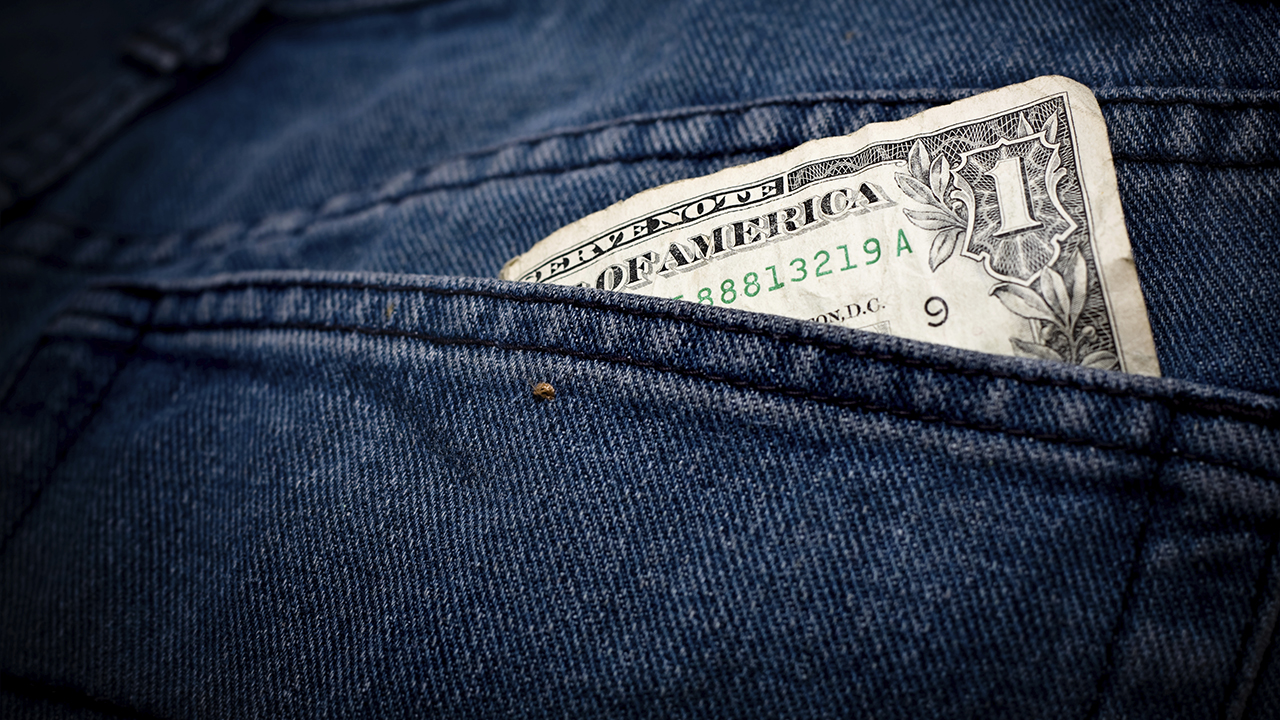Abortion rights, women of color, and LGBTQIA+ people are under attack. Pledge to join us in fighting for gender justice.
Pay Equity Report Confirms That Collecting Pay Data Is Essential to Ending Pay Inequities
(Washington, D.C.) Today, the National Academies of Sciences, Engineering, and Medicine (“NAS”) released its highly anticipated report evaluating the quality and value of pay data collected by the U.S. Equal Employment Opportunity Commission (“EEOC”) through the EEO-1 form. For nearly 50 years, companies have confidentially, routinely, and with minimal burden, provided to the EEOC important information about the sex, race, and ethnicity of employees, by job category, via a form called the EEO-1. In 2016, the Obama Administration approved a proposal to revise the EEO-1 form to require covered employers to submit compensation data. The Trump Administration subsequently blocked the pay data collection. In response, the National Women’s Law Center, in partnership with other organizations, sued the Trump Administration to challenge their efforts to block the EEOC’s collection of pay data and won. As a result, the EEOC collected pay data for fiscal years 2017 and 2018. The NAS report underscores the importance and utility of pay data reporting and collection in the continued fight for pay equity.
The following is a statement by Gaylynn Burroughs, Director of Workplace Equality:
“Undervaluing women is at the heart of a gender and racial wage gap that thrives in almost every occupation and has barely budged in a decade. But today’s NAS report confirms what we already knew: Collecting pay data is essential to root out pay discrimination. The availability of pay data increases transparency, making it more difficult to shortchange women who are losing thousands of dollars each year to the pay gap. Closing the wage gap is an urgent economic imperative for women—especially women of color—who are still reeling from a historic she-cession, while also facing the pressures of rising prices and increased restrictions to abortion access and reproductive care. We urge the EEOC to reinstate a pay data collection that’s informed by the NAS study.”




